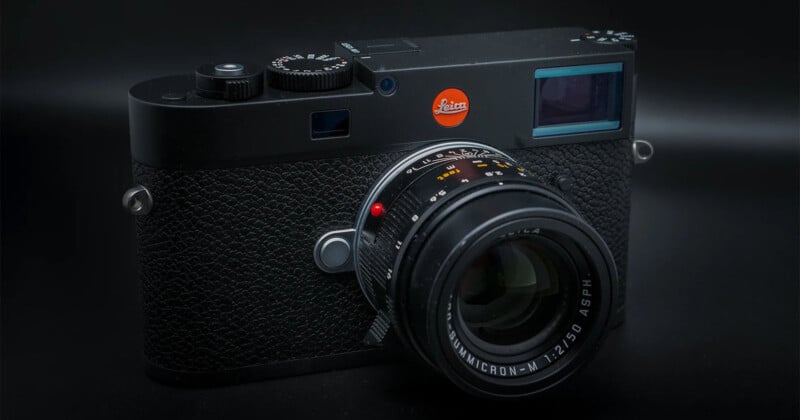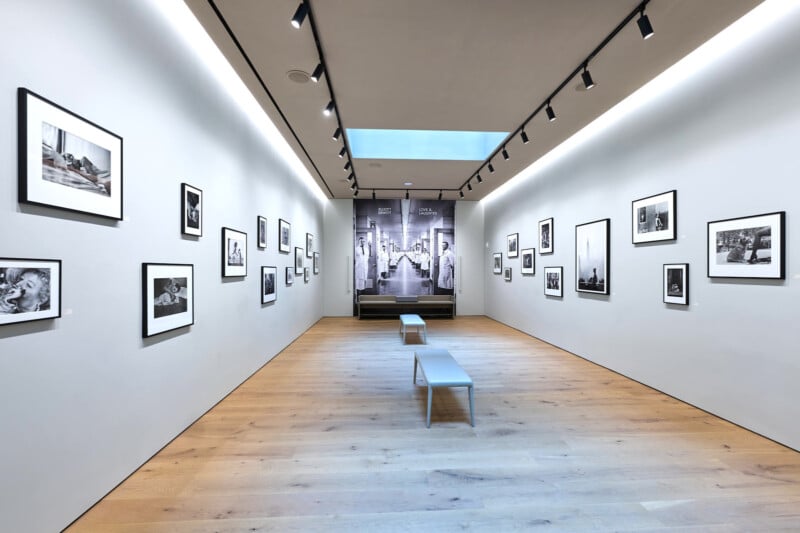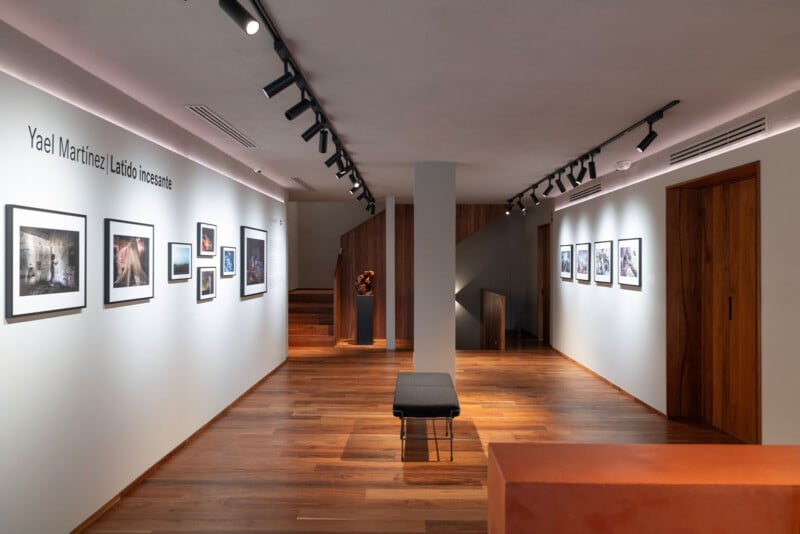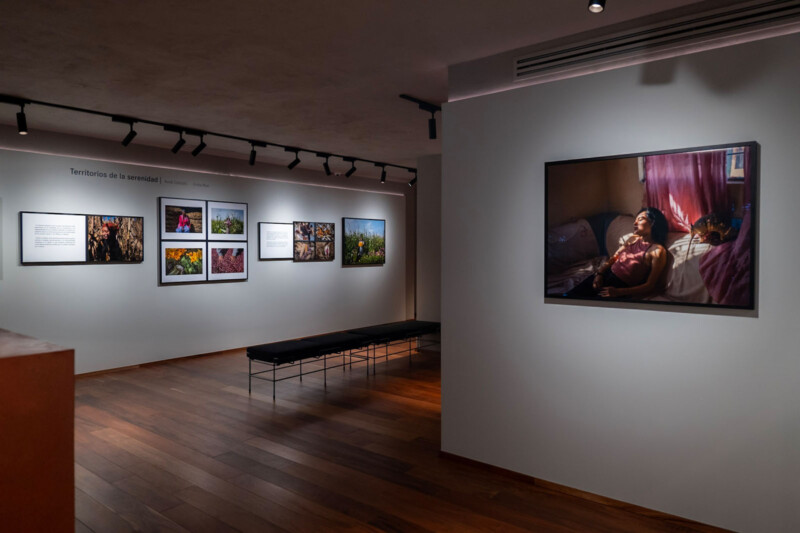Since its inception, Leica has made an indelible impact on photography. Whether through its cameras and lenses or its Leica Galleries, the company has consistently demonstrated a passion for photography as an art form. While the Leica Gallery initiative traces its roots back to the 1970s, the company’s efforts have been reinvigorated by Karin Rehn-Kaufmann, Leica’s Art Director and Chief Representative for Leica Galleries International.
PetaPixel spoke with Rehn-Kaufmann about her role at Leica, the company’s view toward photography as an art form, and the importance of telling powerful visual stories.
20 Years Later, Leica’s Newest Owners Have Made an Indelible Mark on Photography
“In 2004, my husband and me — our family — took over Leica and during that time we had four Leica Galleries, but they were all partner galleries,” Rehn-Kaufmann explains to PetaPixel over Zoom.
In 2008, the former Leica CEO decided to close these four galleries, and Rehn-Kaufmann says her journey “started” in a way because she and her husband, Andreas Kaufmann, decided to launch their own independent Leica Galleries. The first was in Salzburg, Austria, where the Kaufmanns are based.


The Leica Galleries’ presence has grown considerably since then — there are now 29. Rehn-Kaufmann says there is a great need for these galleries, citing the importance of seeing what photographers can do with their equipment. Leica operates the largest network of photography galleries in the world.
“We need the product of the product,” she explains. “And of course, we need, in another way, to see the people behind the camera, our customers, all photographers, and to give them a chance to be visible.”

The ‘Leica Look’
While Rehn-Kaufmann says she can recognize when photos are shot with Leica cameras — “I really can recognize if it’s shot with a Leica or not, especially with the lenses because the dimension, the depth” — Leica Galleries are, at their core, brand agnostic. Most of the space is dedicated to Leica photographers, but there is always room for powerful photos, no matter who made them or what gear they used. Rehn-Kaufmann says it’s about an 80/20 split in favor of Leica photographers.
Although Rehn-Kaufmann accepts that showcasing great images shot with Leica cameras and lenses is a compelling form of marketing, she works hard to keep the gallery experience separate from the consumer side of Leica.

“I always talk from a Leica family [perspective], because I really have this feeling that [Leica] is really a family,” she explains. “This is unique; there is a lot of passion and love.”
At the end of the day, it is a product, but we also need the galleries. You need the heart, the glint in the eye, the person behind [the product] who does all these photos and storytelling. You need the human soul. And taking care of this is, from my perspective, very important.”
As Rehn-Kaufmann alludes to, Leica needs to sell cameras and lenses. If the company isn’t moving product, it won’t survive, and it’ll be unable to provide a space for photography as an art form and storytelling medium to grow. Keeping this space alive matters, and keeping it separate from marketing matters, too.


This community-building aspect of Leica predates Andreas Kaufmann and Karin Rehn-Kaufmann taking the reins, although Karin has undoubtedly grown the company’s efforts in this respect. It is a significant part of what makes Leica different from its competition. While many camera makers are involved with education, exhibitions, and competitions to varying degrees, none emphasize them to the extent of Leica.
Promoting Photography As an Art
The company’s Leica Oskar Barnack Award and Leica Women Foto Award are particularly strong examples of how Leica promotes high-quality photographic work — at significant expense, no less.
The community aspect of Leica is notable. Granted, the cost of joining the Leica family is steep. The company’s products are, by and large, priced at the extreme premium end of the scale. However, Rehn-Kaufmann believes there’s a lot of value in being part of a global photography community, especially one that works hard to uplift great photography.
“We all would like that someone looks at our images,” Rehn-Kaufmann says while discussing the myriad platforms the Leica community has for people to share their photographs with others.


As Leica’s Art Director, Rehn-Kaufmann’s view on what makes a good photograph is instrumental.
“A photo or a series or an exhibition has to tell me a story. My goal is that someone visiting the Leica Gallery or an exhibition brings at least one picture out of the exhibition that really moved him or her. All the pictures that stay in our personal archive are those to which we have an emotional connection. All the others are gone. This is a very important aspect. Everyone has this personal archive always accessible in their mind.”
As the words suggest, this personal archive is personal to an individual and thus subjective. For Rehn-Kaufmann, she is “not so about experimental photography” or photos that can’t stand on their own. If she must read the text to understand or appreciate an image, it’ll be hard-pressed to break into her mental archive.
“I mean, it’s a visual art. It’s visual storytelling,” she says, so photos need to be impactful on a primarily visual level.

Looking ahead, Rehn-Kaufmann is eager to open additional Leica Galleries and hit that coveted number of 30 global Leica Galleries. Leica has big things in the works, and ultimately, whether photographers ever buy Leica gear or not, they are poised to benefit from the company’s continued commitment to photography as an art form. We all win when talented photographers have a platform to tell their stories.
Image credits: Leica



